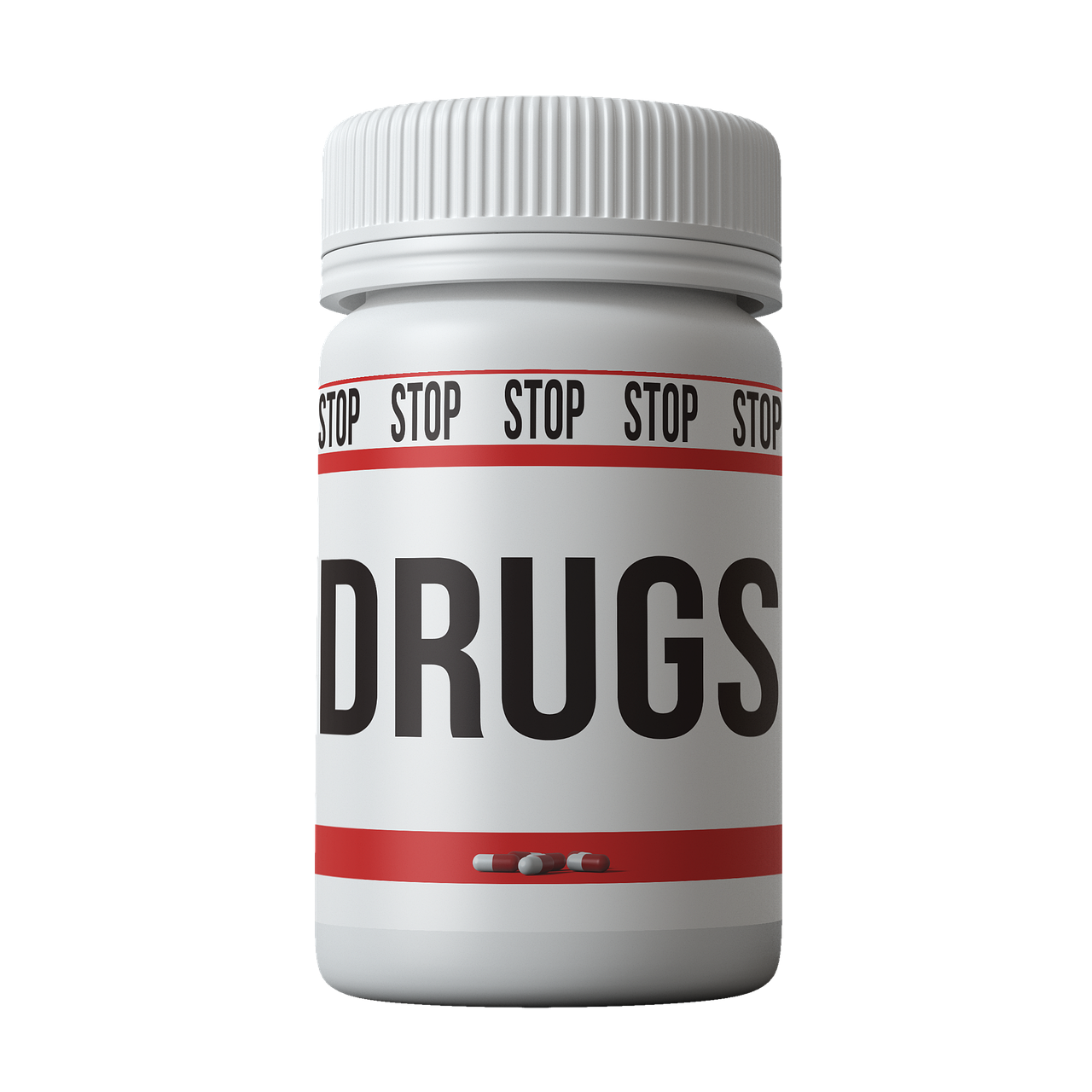Substance use disorders affect thousands of individuals across Massachusetts, impacting personal health, relationships, and overall quality of life. Seeking professional help is crucial for overcoming addiction. Drug Rehab in Massachusetts provides structured programs that combine therapy, medical care, and support services to help individuals recover and maintain long-term sobriety.
Understanding Drug Rehab in Massachusetts
Drug Rehab in Massachusetts includes a range of treatment options designed to address the physical, emotional, and psychological aspects of addiction. These programs may be inpatient, outpatient, or a combination of both, tailored to meet the needs of each individual. Rehab programs focus on safe detoxification, therapy, relapse prevention, and skill-building to support sustainable recovery.
Who Can Benefit from Drug Rehab in Massachusetts
Individuals who may benefit include:
-
People struggling with substance use disorders of any severity
-
Individuals experiencing negative consequences from drug use
-
Those seeking support after multiple relapses
-
Family members seeking guidance to support a loved one’s recovery
Goals of Drug Rehab in Massachusetts
The main objectives of Drug Rehab in Massachusetts are:
-
To safely detox clients from substances
-
To provide structured, evidence-based therapy
-
To equip individuals with coping strategies for long-term recovery
-
To enhance physical, emotional, and mental well-being
Types of Drug Rehab in Massachusetts
Rehab programs vary in intensity and format to accommodate different needs and lifestyles.
Inpatient Drug Rehab
Inpatient programs provide residential care in a controlled environment. Clients receive 24/7 medical support, therapy, and structured daily schedules designed for severe or complex addiction cases.
Outpatient Drug Rehab
Outpatient programs allow clients to live at home while attending scheduled therapy and counseling sessions. This format is ideal for individuals with mild to moderate addiction or those transitioning from inpatient care.
Intensive Outpatient Programs
Intensive Outpatient Programs (IOPs) provide frequent therapy sessions and structured support multiple times a week. IOPs are suitable for individuals needing strong treatment engagement while maintaining personal responsibilities.
Partial Hospitalization Programs
Partial Hospitalization Programs (PHPs) provide daily, structured treatment and professional oversight while allowing clients to return home in the evenings. PHPs are appropriate for individuals requiring intensive care without full residential commitment.
Core Components of Drug Rehab in Massachusetts
Effective Drug Rehab in Massachusetts programs integrate therapy, education, and support services to promote holistic recovery.
Comprehensive Assessment
Clients undergo an initial assessment to evaluate their substance use history, co-occurring mental health conditions, and personal circumstances. This ensures that treatment plans are personalized and effective.
Individual Therapy
One-on-one therapy sessions allow clients to address personal triggers, identify unhealthy patterns, and develop practical strategies for maintaining sobriety.
Group Therapy
Group therapy encourages peer support, shared experiences, and accountability. It fosters a sense of community and helps clients learn coping strategies from others in similar situations.
Family Therapy
Family involvement strengthens the support system, improves communication, and helps loved ones understand the recovery process, fostering a healthier home environment.
Educational Workshops
Workshops provide education on relapse prevention, coping strategies, stress management, and life skills essential for sustained recovery.
Therapeutic Approaches in Drug Rehab in Massachusetts
Evidence-based therapies play a vital role in Drug Rehab in Massachusetts programs.
Cognitive Behavioral Therapy
Cognitive Behavioral Therapy (CBT) helps clients identify and change negative thought patterns that contribute to substance use, promoting healthier behaviors.
Motivational Interviewing
Motivational Interviewing enhances motivation for recovery by addressing ambivalence and helping clients commit to lasting change.
Contingency Management
Contingency Management reinforces positive behaviors and sobriety milestones with rewards, encouraging continued engagement in recovery.
Holistic and Complementary Therapies
Yoga, meditation, exercise, art therapy, and other holistic approaches support mental, emotional, and physical health alongside traditional treatment.
Benefits of Drug Rehab in Massachusetts
Participating in Drug Rehab in Massachusetts offers numerous advantages for individuals seeking recovery.
Safe and Supervised Detox
Medical supervision ensures that withdrawal is managed safely, reducing the risk of complications during detoxification.
Structured Therapy and Support
Therapy sessions provide guidance, emotional support, and coping strategies essential for maintaining long-term sobriety.
Community and Peer Support
Group therapy and peer networks provide accountability, encouragement, and shared experiences, fostering resilience during recovery.
Personalized Care Plans
Treatment is customized to address individual needs, substance use patterns, and recovery goals, ensuring the most effective outcomes.
Skill Development for Long-Term Recovery
Clients acquire practical tools for managing stress, avoiding triggers, and preventing relapse, supporting sustained recovery.
Choosing the Right Drug Rehab in Massachusetts
Selecting the right facility is critical to achieving successful outcomes.
Accreditation and Licensing
Ensure the facility is licensed, accredited, and meets state standards for professional addiction treatment.
Experienced Professionals
Therapists, counselors, and medical staff should have specialized expertise in substance use disorders and evidence-based care.
Comprehensive Services
Look for programs offering detoxification, individual and group therapy, family involvement, and educational workshops.
Accessibility and Flexibility
Choose a program with convenient scheduling, location, and the ability to accommodate work or family obligations.
Tailored Treatment Plans
The best rehab centers provide individualized plans addressing each client’s specific needs, challenges, and recovery objectives.
Long-Term Outcomes of Drug Rehab in Massachusetts
Clients who participate in Drug Rehab in Massachusetts can expect:
-
Sustained sobriety and reduced risk of relapse
-
Improved emotional regulation and coping skills
-
Strengthened relationships and social support networks
-
Enhanced personal responsibility and independence
-
Improved overall quality of life and well-being
Conclusion
Drug Rehab in Massachusetts provides professional, structured, and comprehensive care for individuals struggling with substance use disorders. Through medical supervision, evidence-based therapies, educational programs, and peer support, these programs empower clients to achieve lasting recovery. Tailored treatment plans and flexible program options allow individuals to maintain daily responsibilities while working toward sobriety. Choosing the right rehab center is a vital step in achieving long-term wellness, rebuilding relationships, and embracing a healthier, more fulfilling life.



